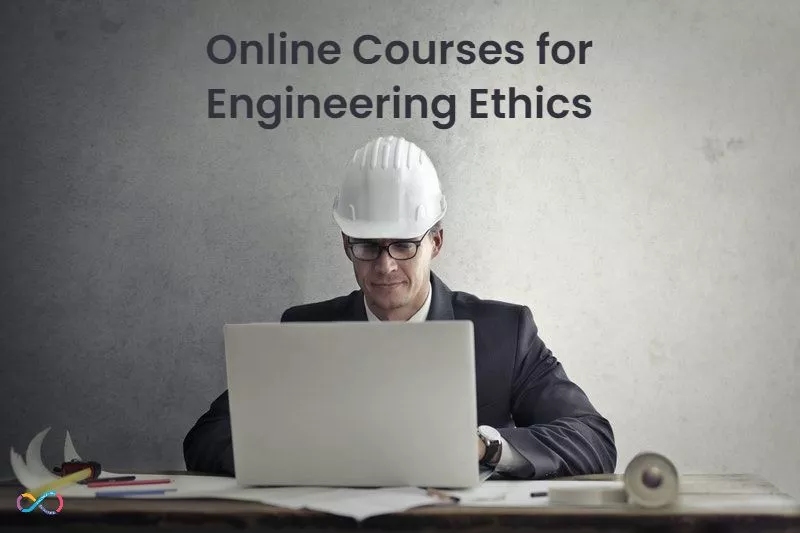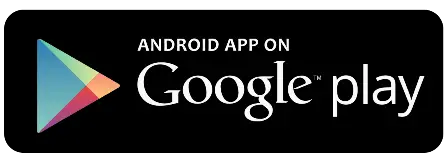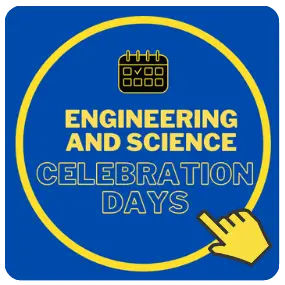In engineering, it is of utmost importance to behave ethically. In engineering ethics, one must consider the implications of their engineering actions and decisions on society as a whole, as well as individual lives.
Unethical engineering can lead to disasters that endanger lives, like the Fukushima nuclear disaster. It can also harm society like Volkswagen’s diesel emissions scandal did.
Engineering issues are often at the intersection of professional engineering practice and human values. Engineering ethics is a crucial topic, therefore we’ve scoured the web for top-rated online courses on engineering ethics from reputable universities. But first, let’s understand why engineering ethics are important.
Why Engineering Ethics is Important?
![Engineering ethics [what is it and why is it important]](https://www.engineeringpassion.com/wp-content/uploads/2022/01/engineering-ethics-what-is-it-and-why-is-it-important.jpg)
An ethical dilemma is often faced in the engineering profession. Engineering ethics guide an engineer in his/her professional practice and ethical decision-making. It provides engineering decisions that are guided by moral reasoning.
According to the Engineering Criteria 2000 of the Accreditation Board for Engineering and Technology (ABET) in the US, engineers must have “an understanding of professional and ethical responsibility” and should “understand the impact of engineering solutions in a global and societal context.”
Engineering ethics is a required course at almost all institutes and universities that offers engineering education. Furthermore, all professional societies have a code of ethics that must be followed by their members.
Above all, we all have to act ethically and encourage others to do the same.
Read more about the importance of engineering ethics: Engineering ethics [what is it and why is it important]
Online Courses for Engineering Ethics

The shifts towards online learning have boomed during the COVID-19 pandemic. And engineering courses are no exception. We’ve curated a list of engineering ethics online courses that can help engineering students and professionals develop the ethical knowledge, reasoning, and decision-making skills that are necessary for successful engineering careers.
Note: Almost all of these courses are free to audit, except the NSPE and ASME courses.
Let’s get started.
#1 Ethics, Technology and Engineering
Ethics, Technology, and Engineering is an online course offered by Eindhoven University of Technology (TU/e) on Coursera. This course provides an introduction to ethics in engineering and technology.
This course helps engineers and students in engineering develop the moral competencies specified in ABET or comparable criteria established in other countries. Furthermore, this course is entirely online and takes about 19 hours to finish. Learners will obtain a certificate upon completion of the course.
#2 Science, Engineering, AI & Data Ethics
If you want to learn how to identify and address common ethical issues in engineering, science, and AI then this is the course for you! Science, Engineering, AI & Data Ethics is an online course offered by the Tokyo Institute of Technology (also known as Tokyo Tech) on a popular online learning platform – edX.
Ethics is an essential component of engineering and scientific practice, and it’s been influenced by AI and big data analysis recently. This course was originally published in 2017 and focuses on traditional preventative ethics while also stressing aspirational values.
The course is 100% online, self-paced, and takes 7 weeks (2-4hrs/day) to complete. Upon successful completion, the students get a shareable certificate.
#3 NSPE Official Engineering Ethics Online Courses
The two popular online engineering ethics PDH courses provided by the National Society of Professional Engineers (NSPE) are Engineering Ethics and Ethics in our Changing World.
These PDH courses will teach you engineering ethics, examine Professional Codes of Conduct for Engineers, and analyze case studies to help you better understand and strengthen your own professional ethics while discussing current issues involving engineers in the workplace.
If you’re an NSPE member or a licensed professional engineer, these courses as well as some other webinars are free for you. After successful completion, you will also earn 1 PDH (professional development hour) per course.
#4 Ethics for Engineers: Doing the Right Thing When No One is Looking – ASME Official Course
Ethics for Engineers course is offered by the American Society of Mechanical Engineers for professionals looking to expand their knowledge in ethics. This course will help you review the forces that shape engineering ethics and identify your ethical concerns.
This course is for engineers of all levels and disciplines.
#5 Engineering Ethics – MIT
Engineering Ethics is a comprehensive free course on the subject offered by the popular Massachusetts Institute of Technology (MIT). This course is a graduate-level course.
This course provides an introduction to engineering ethics through a multi-disciplinary and cross-cultural approach. Ethics and the philosophy of engineering are covered in theory. Historical cases are drawn primarily from engineering ethics literature, while hypothetical situations are created by students.
This course was offered in the Spring of 2006 and is now freely available on MIT’s official website.
#6 Ethics in Engineering & Science
Ethics in Engineering & Science is an online, self-paced course offered by the University of North Dakota. In this course, you will learn the ethical behavior tools and philosophical foundation necessary for the engineer and scientific professional to judge right actions from wrong actions.
This course offers an introduction to ethics in a more broad sense, therefore this course can be taken by scientists, engineers, researchers, mathematicians, healthcare professionals, philosophers, and other students interested in applying their ideas to the real world responsibly.
Students have three to nine months to complete 12 lessons, plus a final project intended to focus their study of Ethics in Engineering and Science while also assisting them in meeting the course learning objectives/outcomes.
Also Read: Difference Between IEEE and NSPE Code of Ethics
Bottom-line
The study of ethics and moral philosophy is an integral part of engineering. We hope that these online ethics courses will help you expand your knowledge of engineering ethics and professional conduct. Remember that engineering is not just about creativity and innovation, but also about being responsible!




![Types of Engineers and What they Do [Explained]](https://www.engineeringpassion.com/wp-content/uploads/2022/04/types-of-engineers-and-what-they-do-280x210.jpg)





Leave a Reply